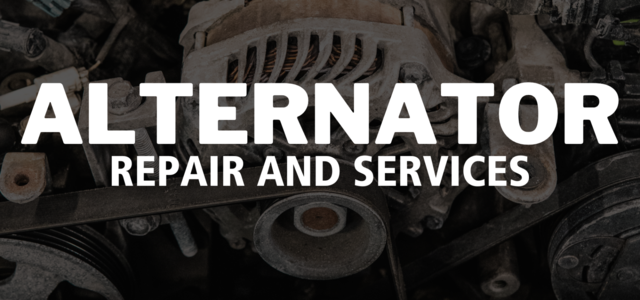A check engine light can come on for several different reasons. It might be something as simple as your gas cap not being adequately screwed on, but it could also mean something more serious. Diagnosing it as soon as possible is essential to ensure you don't worsen a small problem. We at AutoEdge have the most up-to-date diagnostic equipment to keep you and your vehicle safe.
Below are a few common reasons for the Check Engine Light to come on...
OXYGEN SENSOR
The oxygen sensor monitors the oxygen level in the exhaust as it leaves the engine and helps maintain an optimal air/fuel mix. A failing sensor can affect your gas mileage.
CATALYTIC CONVERTER
The catalytic converter keeps your car environmentally friendly by changing carbon monoxide into carbon dioxide. Driving with a failing catalytic converter can cause your car to produce harmful emissions.
SPARK PLUGS OR PLUG WIRES
The spark plugs and plug wires play a vital role in the combustion process. Failing spark plugs or wires can cause you to experience a loss of power, engine misfires and poor gas mileage.
THERMOSTAT
Your thermostat helps regulate your car’s temperature. If it malfunctions, your car may overheat, which can cause further damage to your engine.
MASS AIRFLOW SENSOR
The mass air flow sensor measures the air coming into the engine. Your car’s computer uses the information to inject the correct amount of gas into each cylinder. Failing to fix it can result in rough idling and poor fuel efficiency.




